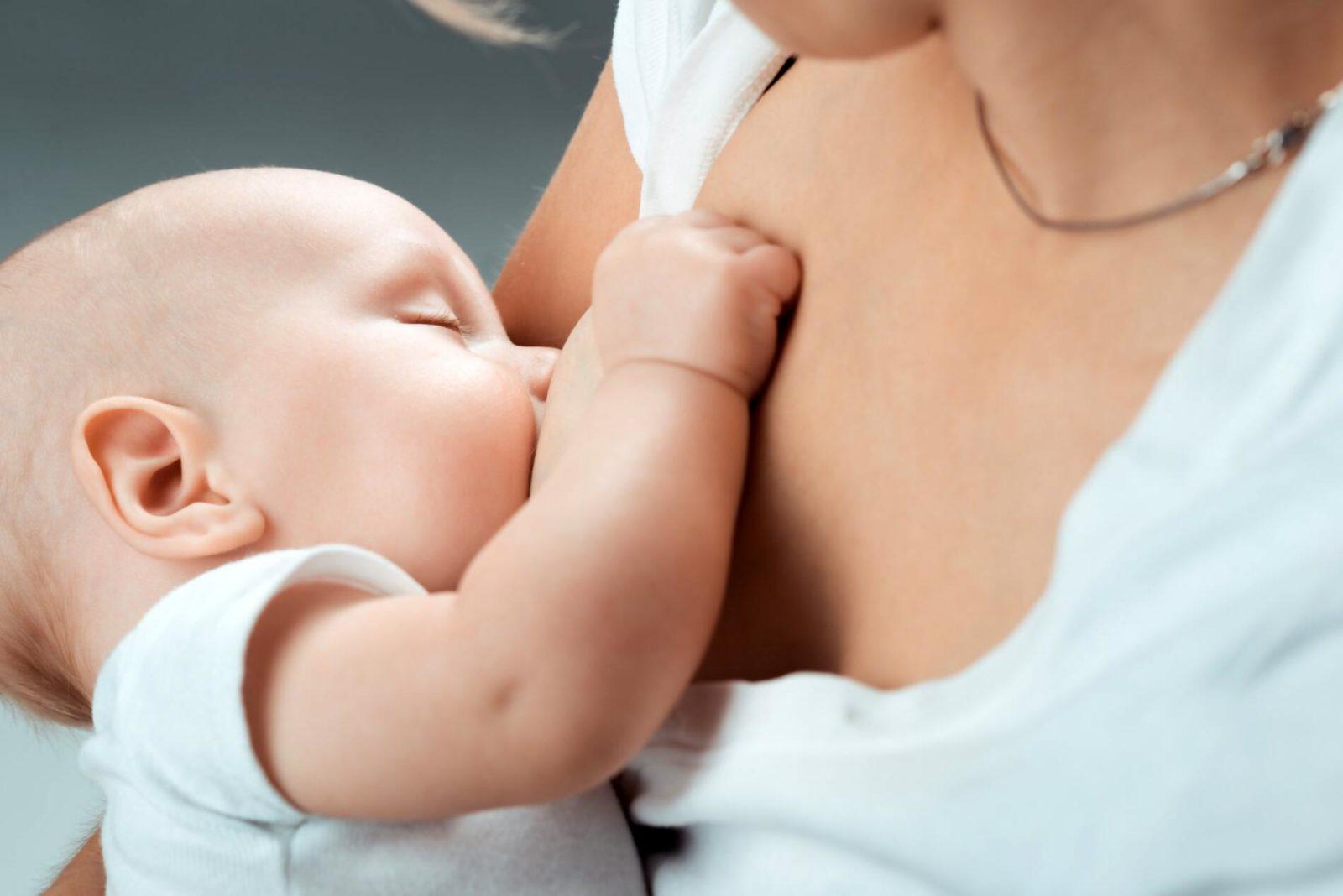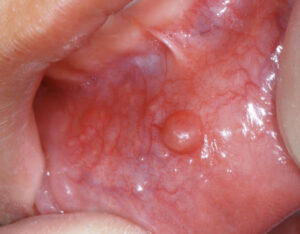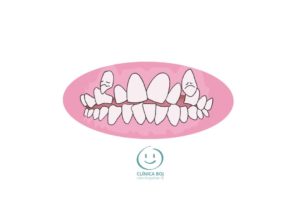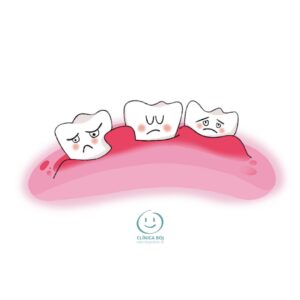Breastfeeding benefits for baby’s oral health
Is breastfeeding good for oral development?
Breastfeeding benefits for baby’s oral health are beyond doubt. Whenever possible, breast milk is recommended because it is unique. For sure, breast milk is a living liquid that is specially designed for the human baby.
Certainly, taking the mother’s breast is the ideal way to provide babies with the nutrients they need for healthy growth and development. Also, breastfeeding strengthens baby’s immune system.
It is interesting to know that it changes, shot by shot, day by day and month by month, to meet the baby’s needs. Fortunately, almost all women are able to breastfeed, provided they have the proper information and support from their family.
How long should a baby be breastfed?
The WHO and UNICEF recommend exclusive breastfeeding on demand from the first hour of life until 6 months of age. In addition, it advises breastfeeding an infant and accompanying it with appropriate complementary foods up to 2 years of age or older.
Therefore, weaning should be done, gradually, when the mother and/or child decide to do so.
What are the benefits of breastfeeding for oral health?
Breastfeeding has many advantages for the development of the child’s mouth. It is the most complete food a mother can give her newborn child.
At the same time, breastfeeding promotes proper growth and development of the structures of the face and mouth. As the muscles are stimulated and mature, the jaws and joints also develop. Open bites and crossbites that occur with pacifiers and bottles do not occur in breastfed babies. In addition, the vast majority do not demand a pacifier.
In turn, breastfeeding provides the baby with all the nutrients it needs, helping to strengthen the immune system. It is also known to protect against allergies and other diseases during the first stage of life.
Regardless of the type of breastfeeding, oral hygiene must be maintained to maintain good oral health. Dental hygiene as well as gum and tongue hygiene are important.
How breastfeeding affects your child’s oral health?
The following are the advantages of breastfeeding for the newborn:
- There is less risk of babies having respiratory, ear (otitis), gastrointestinal tract and urinary tract infections, because of the protection of breast milk.
- There is less risk, due to the protection provided by breastfeeding, of the baby suffering from Sudden Infant Death Syndrome (SIDS).
- Contact with the mother’s breast during breastfeeding produces a greater sense of security in babies. Skin-to-skin contact with the mother makes them feel more welcomed and protected.
- Breastfeeding helps in better development and growth of both teeth and skeletal structures of the bones in the oral area, i.e., both the upper jaw and the mandible.
- Digestion of babies is easier after breastfeeding because of the composition of breast milk. There are also other benefits in the oral health of the little ones. In addition, the chances of suffering from allergies, obesity, diabetes, hypertension and cholesterol rates above normal values are reduced. Other studies have also linked breast milk to fewer cases of inflammatory bowel disease and celiac disease.
Why does breastfeeding sometimes fail?
There are groups of families in which there are many additional difficulties, apart from the usual ones, in establishing breastfeeding.
This is the case of premature infants and sick children, who need a lot of care in the hospital. Twins should also be mentioned in this regard.
In spite of the difficulties, it is necessary to make sure that mothers implement breastfeeding. It is difficult in these cases because it is hard to establish regular patterns for the mothers. However, it is important to establish the habit.
Undoubtedly, breastfeeding is difficult in many ways: breastfeeding itself, latch-on and the number of feedings. In addition, sometimes milk production fails and the mother does not have enough of her own milk for the baby.
In addition, there are also breastfeeding benefits for the mother, as expressing milk reduces the risk of breast cancer.
Therefore, we recommend breastfeeding whenever and wherever possible. However, in those cases where mothers are unable to breastfeed, then, we suggest following the pediatrician’s guidelines on formula feeding with the nutrients the baby needs.
References:
Lactancia Materna, el mejor inicio para ambos. Comité de Lactancia Materna · Asociación Española de Pediatría. 2017.






